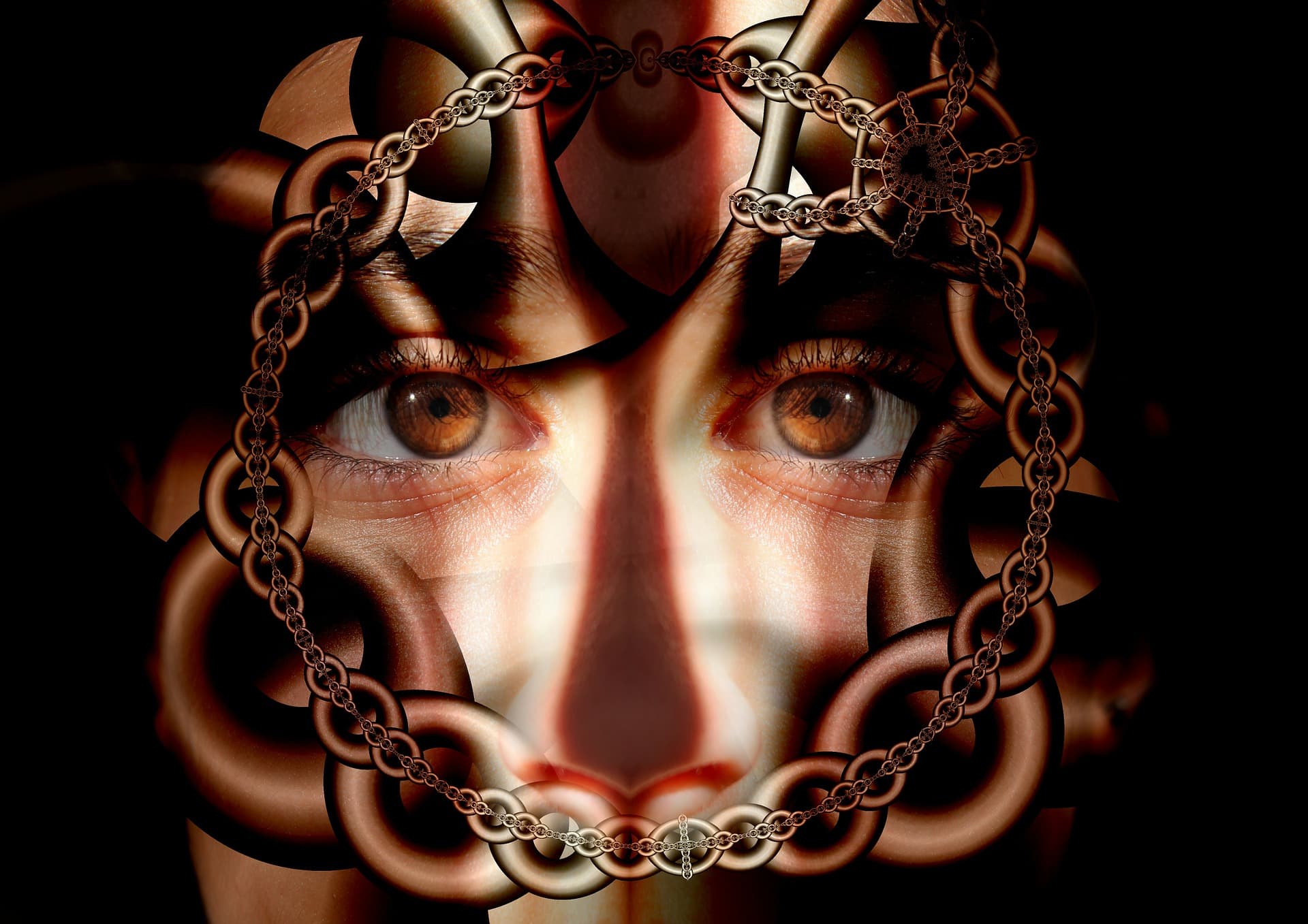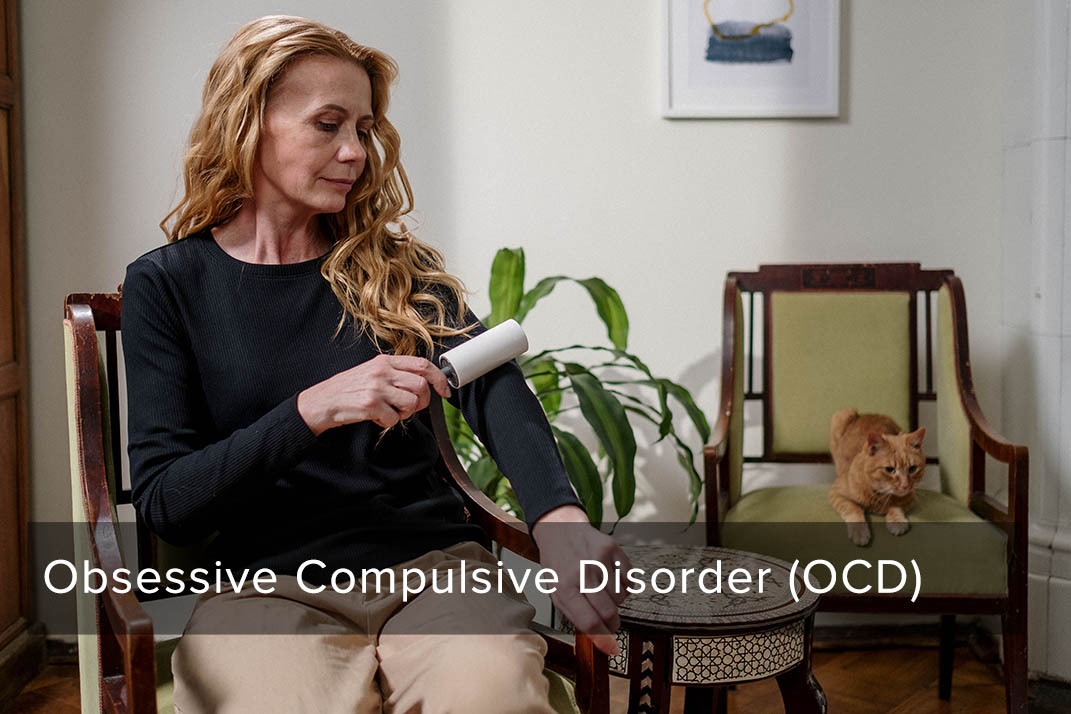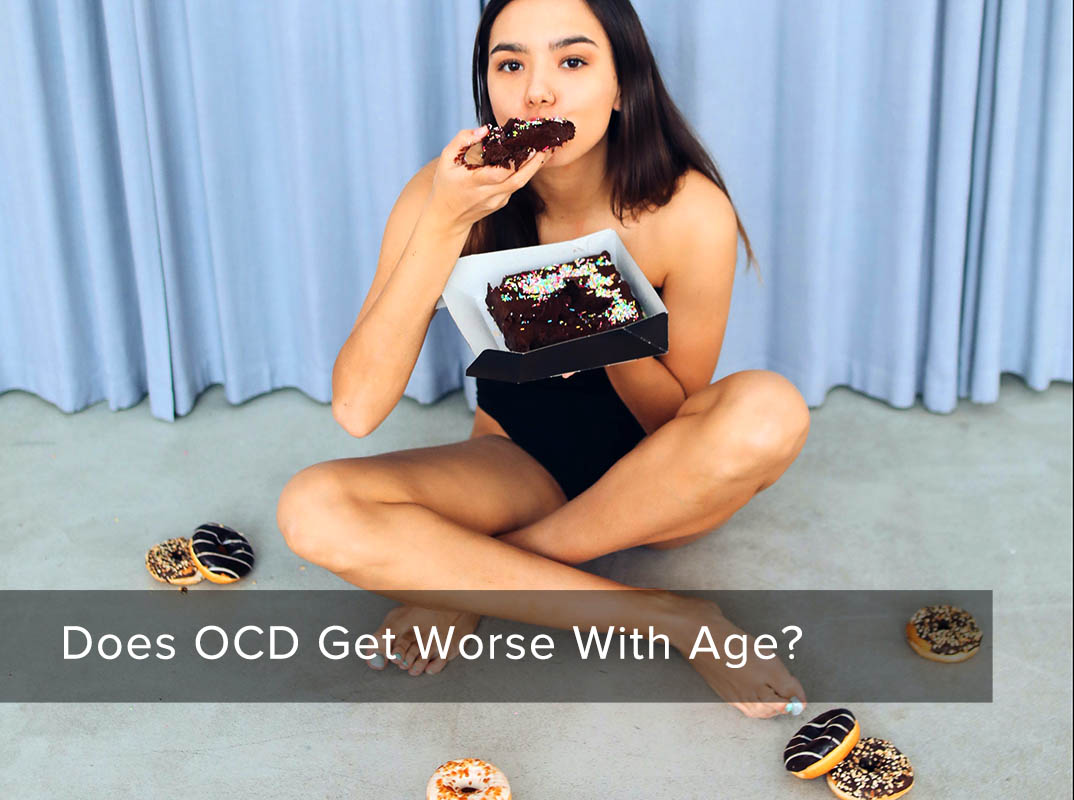Does OCD Get Worse With Age?

OCD: Does It Get Better or Worse with Age?
Ever heard about the boy who couldn’t stop washing? Judith L. Rapport tells this story in her book. This poor kid spent six hours a day washing because he felt dirty all the time.
Obsessive-Compulsive Disorder (OCD) is like a broken record in your brain. It makes you think and do the same things over and over. It’s so bad it messes up your whole life.
Most folks start showing signs around 12 years old. People often wonder if OCD gets worse as you get older, like other health problems.
Without help, OCD can get worse over time. But it’s not that simple. Let’s dig into OCD and how getting older affects it.
What Does OCD Do to You?
OCD isn’t rare. Over 6 million Americans have it. The Anxiety and Depression Association of America says about 2.2 million of these are adults. It doesn’t care if you’re rich or poor, male or female.
Most people start showing signs at 7 years old. Doctors usually catch it between 10-12 or 18-25 years old. But you can get diagnosed at any age. The earlier it starts, the worse it might be.
If you have OCD, you’re stuck in a loop. You feel like you have to think certain thoughts or do certain things over and over. It only helps for a little while. If you try to ignore it, you get super nervous.
With OCD, it’s really hard to control your obsessive thoughts.
Other Signs of OCD
People with OCD might:
• Do things over and over
• Feel agitated
• Move in repetitive ways
• Have upsetting thoughts
In bad cases, these actions might make you avoid people, which could make OCD worse.
OCD can also mess with your mood. You might feel anxious, panicky, or really worried. This can make you super uncomfortable and even depressed.
OCD symptoms often come and go, which makes it tricky to spot at first.
Does OCD Get Better with Age?
You might’ve heard OCD is an anxiety disorder. You’re probably worried it’ll get worse as you get older, like other mental health stuff. That’s a fair concern.
There are two main types of OCD when it comes to age:
1. Early-onset OCD: Starts before 18
2. Late-onset OCD: Starts in early adulthood
Early-Onset OCD
We didn’t know much about early-onset OCD until 1991. That’s when a study showed it could start earlier than we thought.
If you start showing signs before 18, there’s a 60% chance it’ll stick around for life. It might fade as you get older, or it might not. There’s no way to know for sure without talking to a doctor.
If your OCD is mild, you might learn to live with it, especially if it doesn’t mess up your life too much. But ignoring it isn’t a good idea, even if it’s not bad yet.
If you don’t treat OCD, it usually gets worse over time. The symptoms might come and go, but eventually, you might end up feeling really isolated.
What Can Make OCD Worse?
Stress is a big one. Feeling overwhelmed can bring back OCD symptoms or make them worse.
Pregnancy and having a baby can also make OCD worse, but it usually gets better with treatment after the baby’s born.
Using drugs the wrong way can make OCD worse too. Some people try to hide their symptoms with alcohol or drugs, but that usually backfires.
OCD is all in your head, so anything that messes with your mind can affect it. Trauma and abuse can really mess you up. People who’ve been abused often have worse symptoms.
Sometimes, OCD gets worse because you haven’t dealt with tough stuff in your past.
Can OCD Get Better?
There’s no cure for OCD, but there are ways to make it better.
Therapy can help a lot. It’s all about finding ways to deal with OCD without it coming back. There are a few types of therapy that work well.
One of the best is exposure and response prevention therapy. It’s a type of cognitive-behavioral therapy. It slowly exposes you to the things that trigger your OCD and helps you find ways to not do your compulsive actions.
The goal is to give you better ways to deal with those annoying, unwanted thoughts.
Medication can help too. But there’s no one-size-fits-all pill, so don’t try to treat yourself. Your brain is delicate, so work with a psychiatrist to find the best treatment.
OCD needs ongoing care. It never really goes away completely.
With therapy, OCD can get better. Sometimes it might seem like it’s gone. But it usually comes back because symptoms tend to come and go.
Wrapping It Up
OCD is getting more common. Like many mental health issues, it’s hard to spot on your own. Most people don’t notice until it really messes up their life. Treatment helps keep symptoms from getting too bad.
But treatment is usually a lifelong thing. OCD doesn’t get worse with age if you get help. But if you ignore it, it could keep getting worse.
Some people with untreated OCD have even tried to hurt themselves because they couldn’t handle the symptoms anymore.
Other stuff can make OCD worse, like trauma, pregnancy, having a baby, or using drugs. If you think you might have OCD, talk to a mental health expert. They can figure out what’s going on and help you get better.

Author: Michelle Landeros, LMFT
Michelle Landeros is a Licensed Marriage Family Therapist (LMFT). She is passionate about helping individuals, couples and families thrive.







